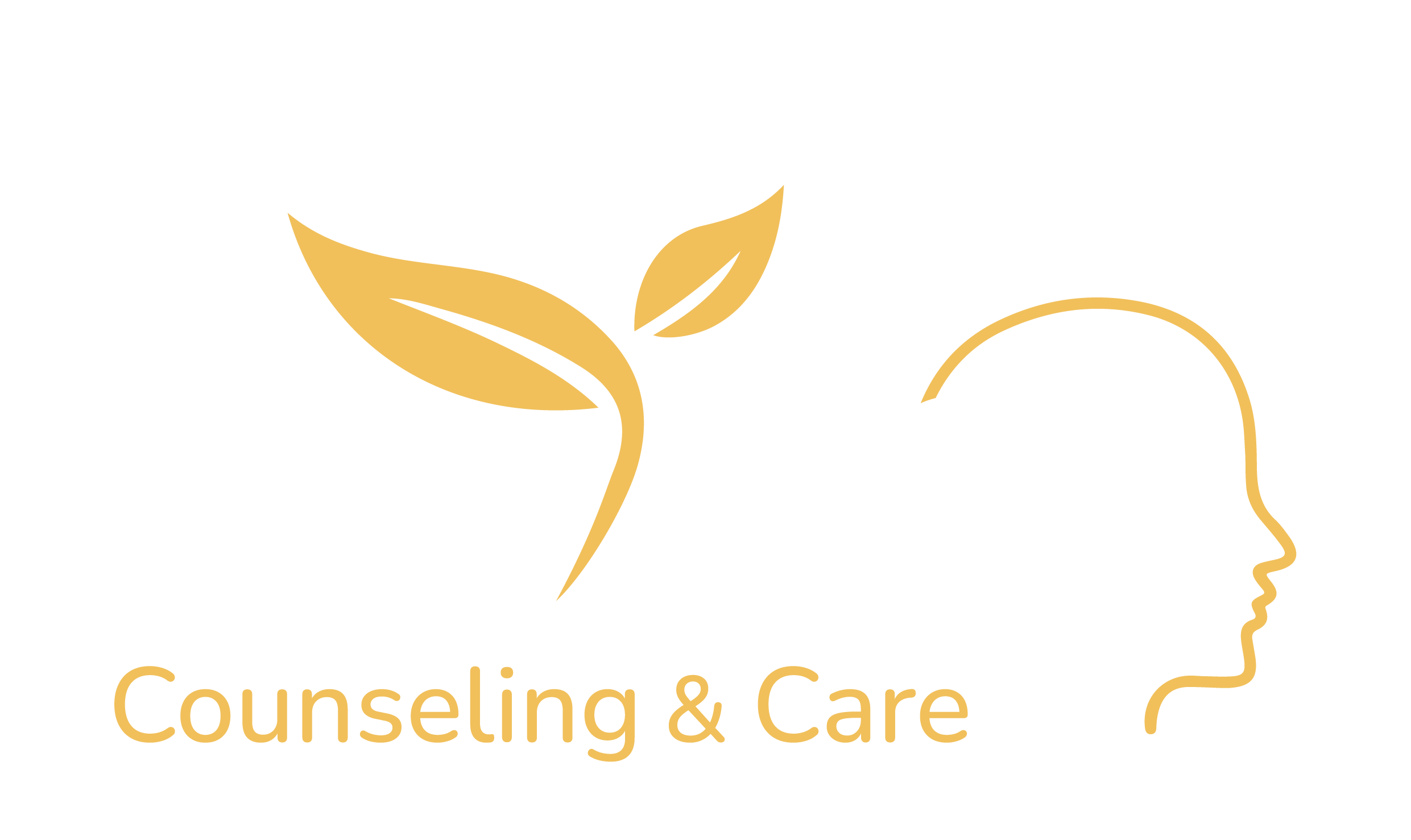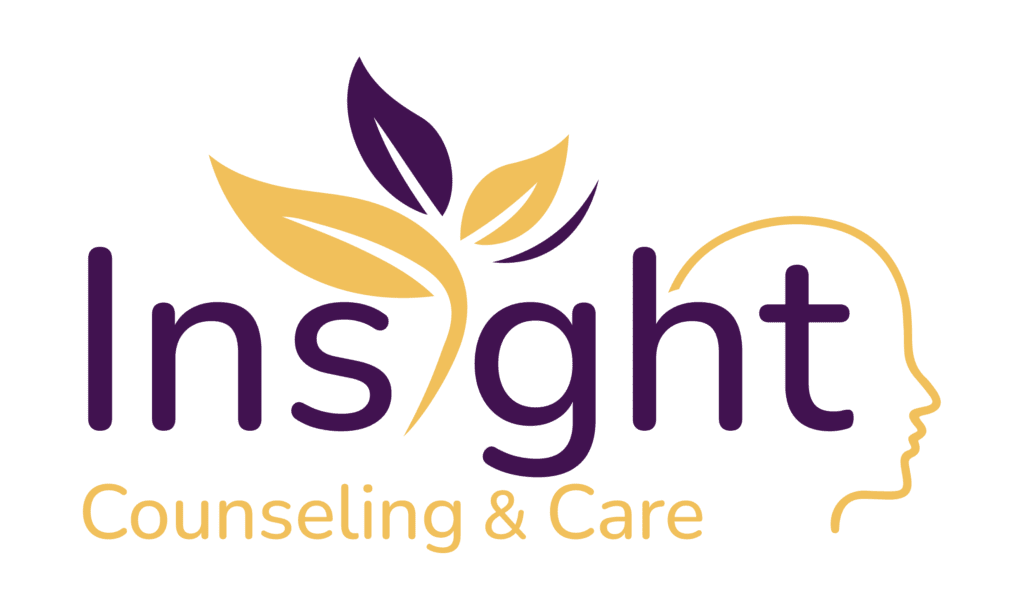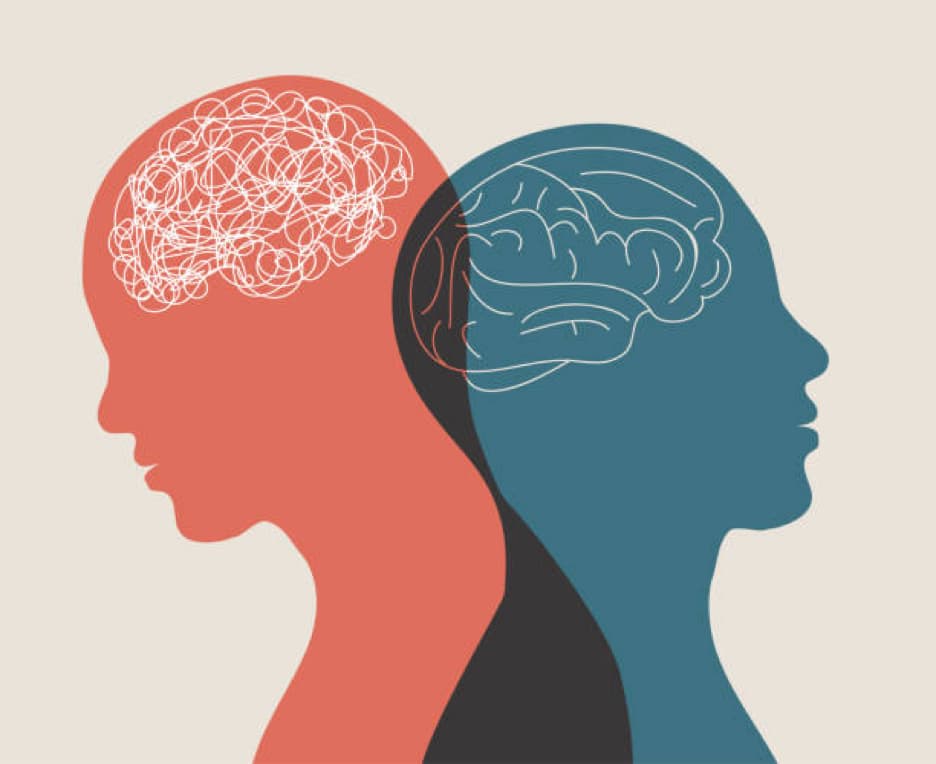Stress is a natural and unavoidable part of life. Whether it’s due to work pressure, personal challenges, or environmental factors, we all experience stress at some point. While stress in small doses can be manageable, prolonged or chronic stress can have significant negative effects on our physical health. Understanding how stress impacts the body can help us take steps to manage it effectively and prevent long-term damage.
What Is Stress?
Stress is the body’s response to any demand or threat. When we perceive a situation as challenging or threatening, our brain triggers a “fight-or-flight” response, releasing stress hormones like adrenaline and cortisol. These hormones prepare the body to deal with the perceived threat by increasing heart rate, boosting energy levels, and sharpening focus.
In the short term, this response is helpful. However, when stress becomes chronic, these physical reactions can become harmful and lead to a wide range of health problems.
How Stress Affects Different Systems in the Body
1. Cardiovascular System
One of the most well-known effects of chronic stress is its impact on the cardiovascular system. When the body is under stress, the heart works harder, and blood pressure rises. This is part of the body’s natural “fight-or-flight” response, but when this process is prolonged, it can lead to various cardiovascular problems such as increased blood pressure, increased heart rate, and increased risk of heart disease
2. Immune System
Stress can weaken the immune system, making the body more vulnerable to illness. Initially, stress hormones can suppress immune function in the short term, but chronic stress can cause a decrease in the body’s ability to fight off infections
3. Digestive System
Stress has a direct effect on the digestive system, often causing discomfort and exacerbating existing gastrointestinal issues. For instance, in some cases, it may trigger or worsen conditions like irritable bowel syndrome (IBS) and indigestion. Additionally, stress can cause people to either overeat or lose their appetite.
4. Musculoskeletal System
Muscle tension is one of the most common physical responses to stress. When we’re under stress, muscles contract and tighten, preparing us to take action. However, constant muscle tension can lead to discomfort and long-term issues.
5. Endocrine System
The endocrine system, which regulates hormones in the body, is heavily influenced by stress. Prolonged stress can throw off the balance of hormones, leading to both physical and mental health issues. Stress also affects the body’s production of melatonin, the hormone responsible for regulating sleep. As a result, stress often leads to poor sleep quality, insomnia, or disrupted sleep patterns, which can further exacerbate stress and health problems.
6. Skin
The skin is often the body’s first indicator of stress. Many people experience flare-ups of skin conditions during stressful periods. Stress increases the production of sebum, an oily substance produced by the skin’s sebaceous glands, which can clog pores and lead to acne or breakouts. Conditions like eczema, psoriasis, and rosacea may also worsen during times of high stress.
7. Reproductive System
Stress can also have a significant impact on the reproductive system, affecting both men and women. In women, chronic stress can interfere with the menstrual cycle, causing irregular periods, painful periods, or even amenorrhea (absence of menstruation). Stress may also affect fertility by disrupting ovulation or impacting hormone levels necessary for pregnancy. In men, stress can lower testosterone levels, leading to reduced libido, erectile dysfunction, and decreased sperm production, all of which can affect fertility.
Managing Stress for Better Physical Health
The good news is that stress is manageable. By implementing stress-reduction strategies, you can minimize its impact on your physical health:
- Exercise: Regular physical activity is one of the best ways to reduce stress. Exercise helps release endorphins, which are natural mood lifters, and also helps relax muscle tension.
- Mindfulness and Relaxation: Practices like meditation, yoga, or deep breathing can help calm the mind and reduce the physiological effects of stress.
- Healthy Diet: Eating a balanced diet rich in fruits, vegetables, lean proteins, and whole grains can help support the body’s stress response and prevent stress-induced health problems.
- Adequate Sleep: Prioritize good sleep hygiene and ensure you’re getting enough rest to allow your body to recover from the physical effects of stress.
- Seek Support: Talk to friends, family, or a professional about what you’re going through. Social support plays a key role in reducing the negative effects of stress
By Kaitlynn Russell, Clinic Assistant at ICC







